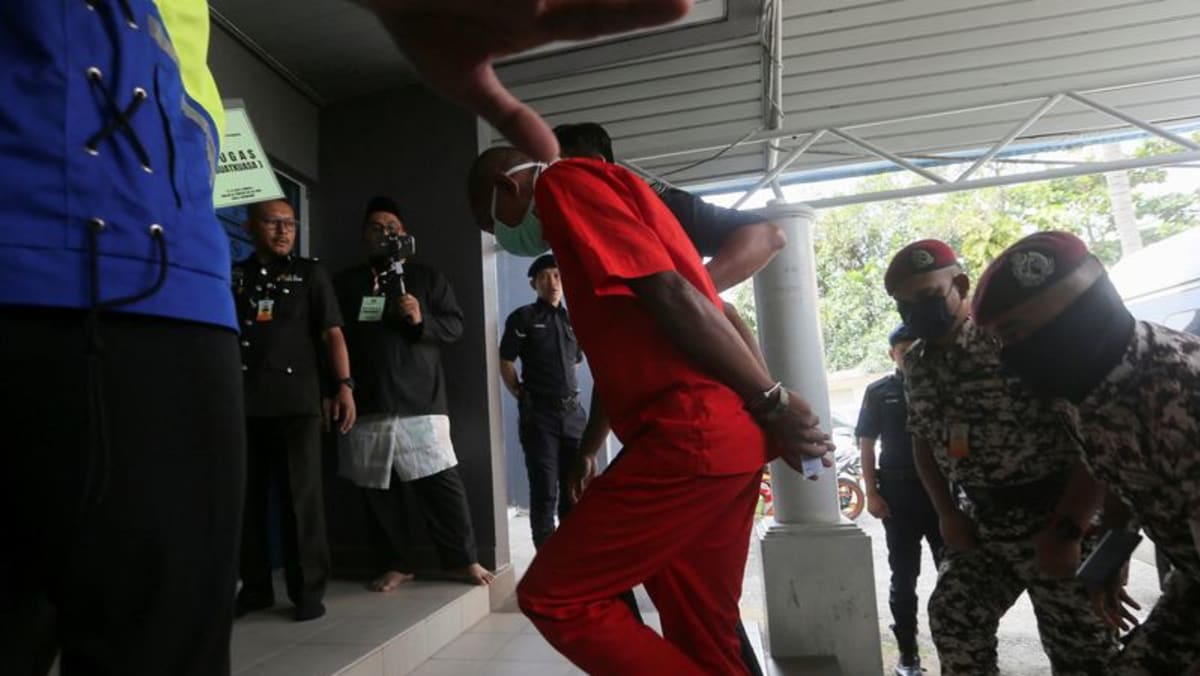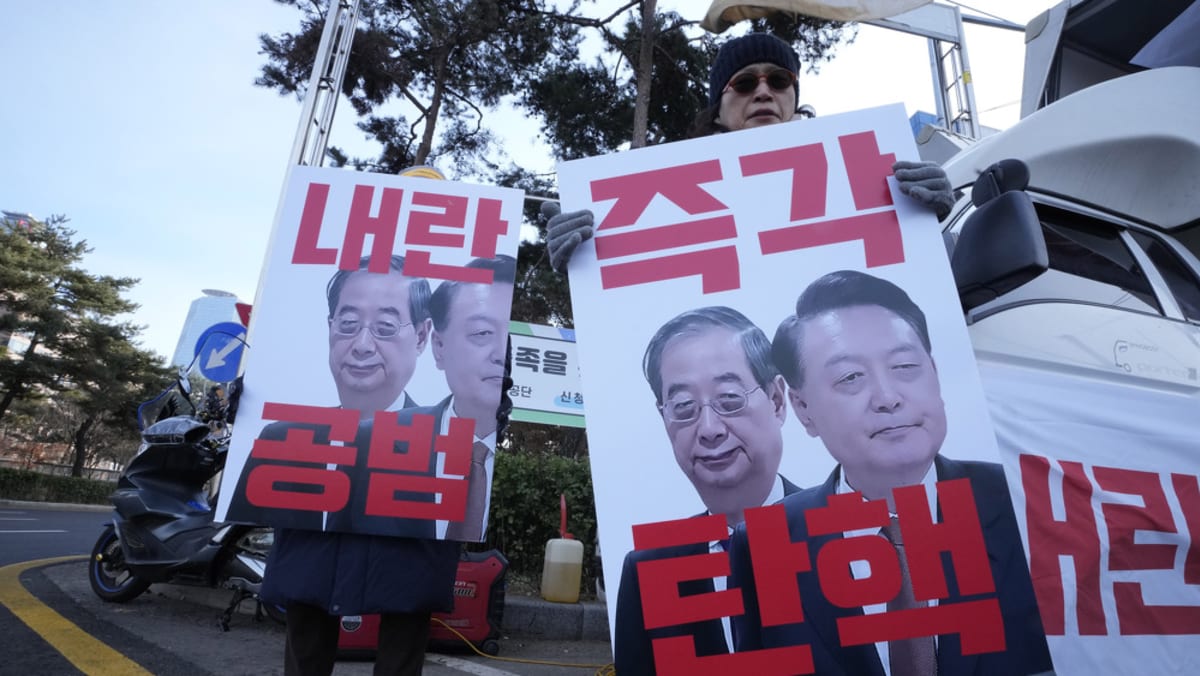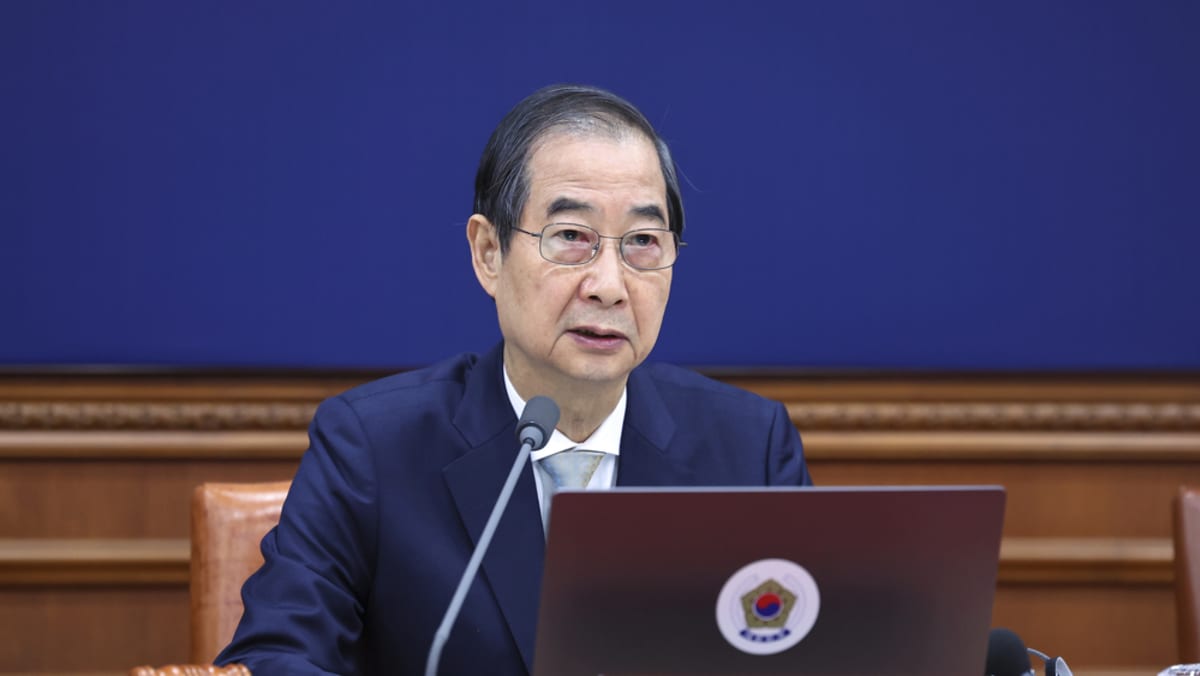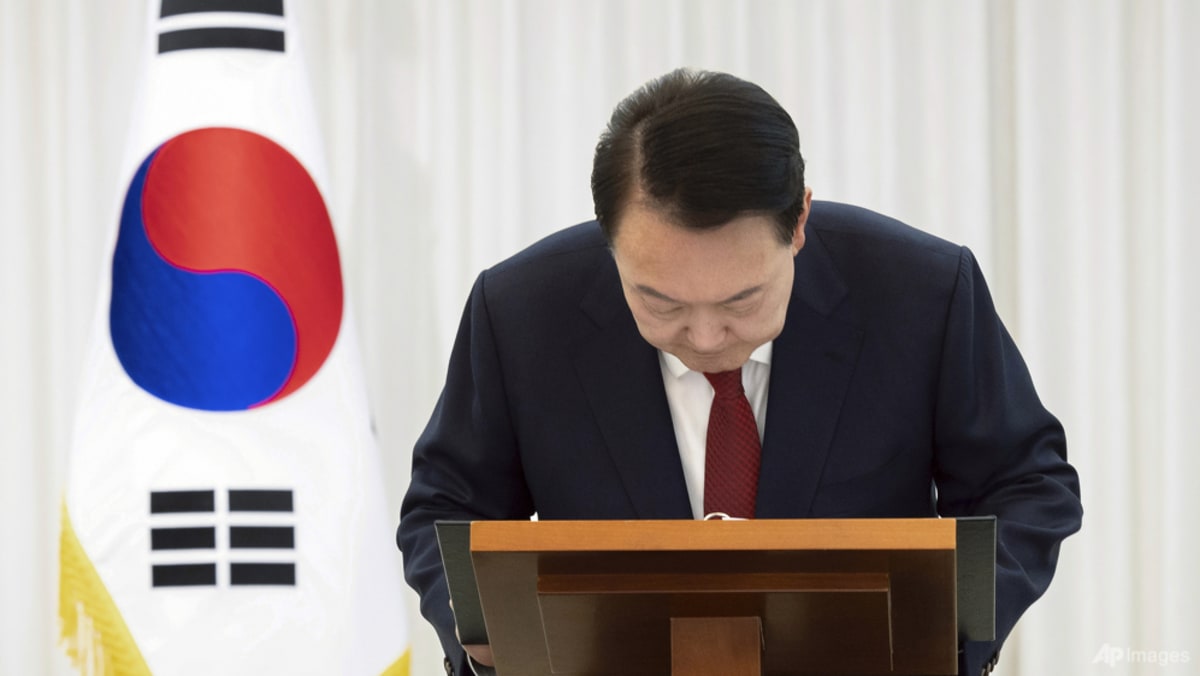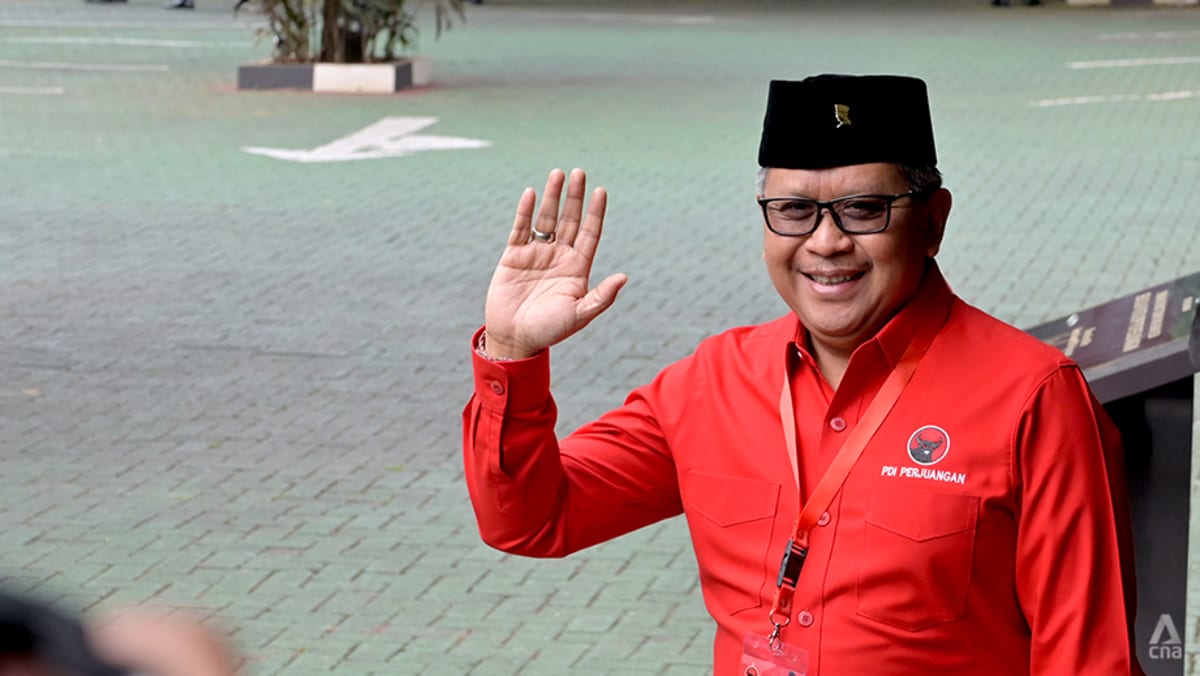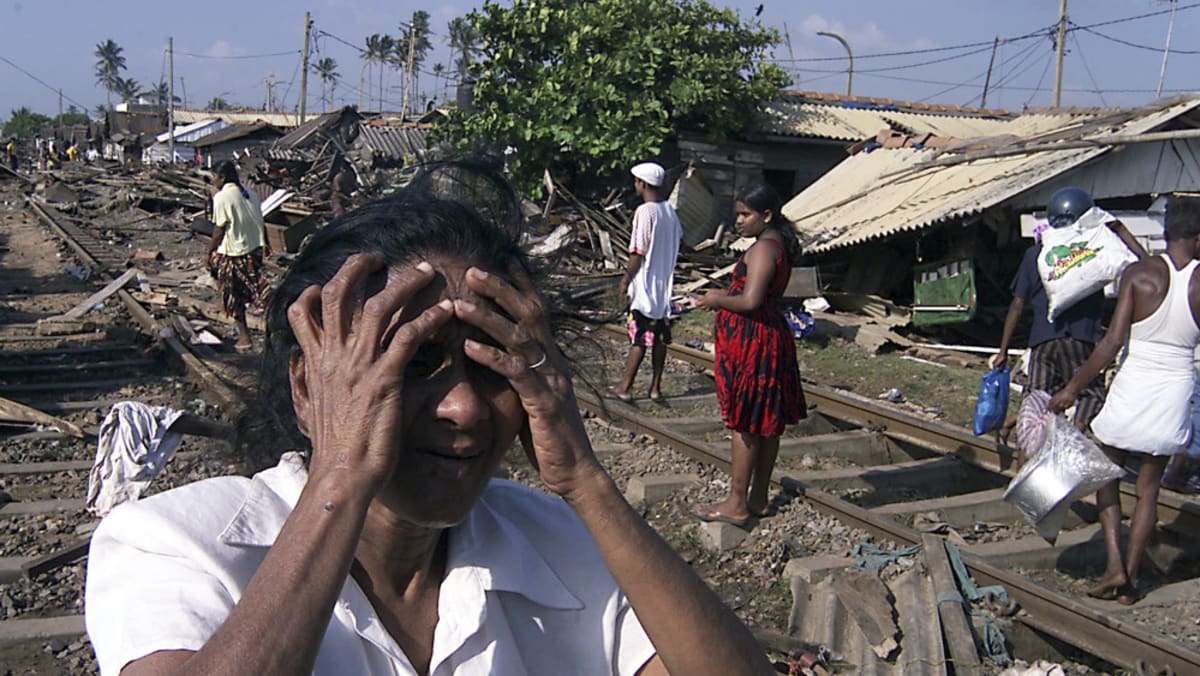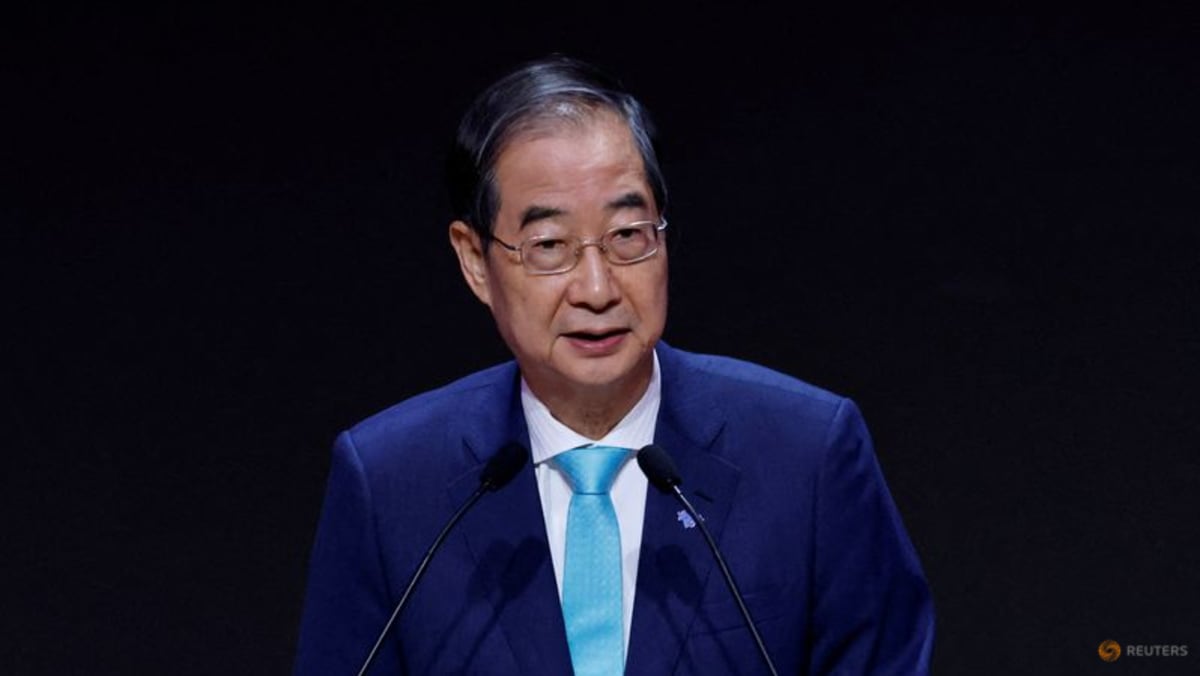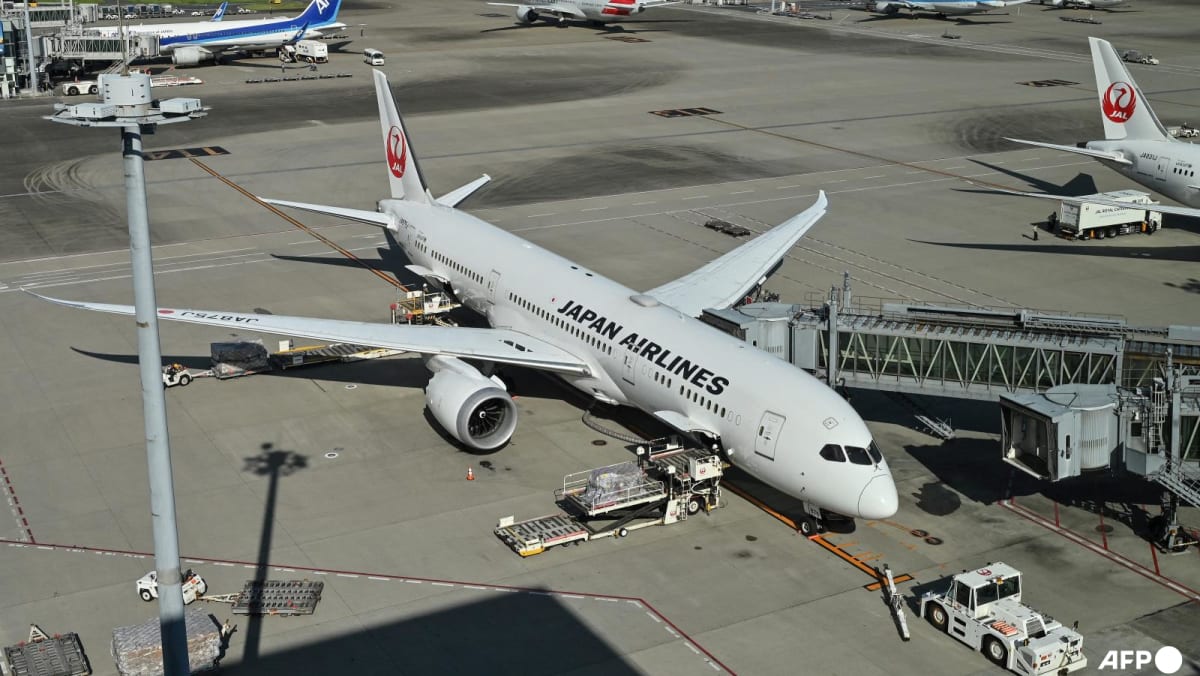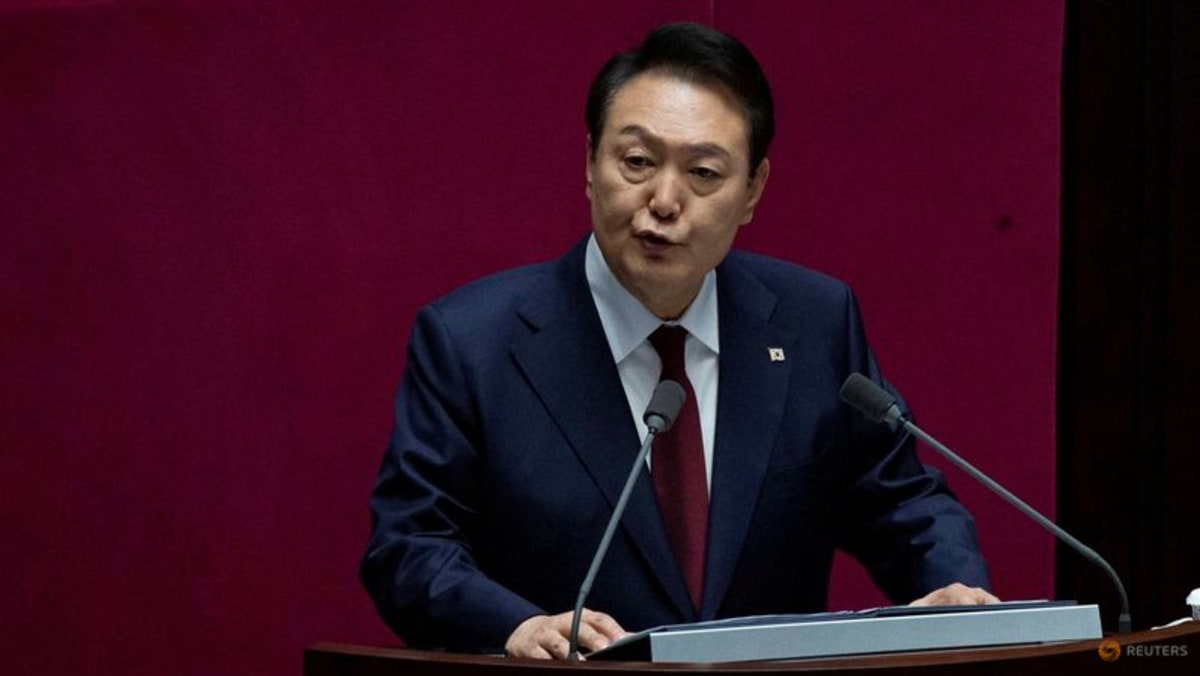More Singapore companies looking to meet Central Asia’s growing consumer demand
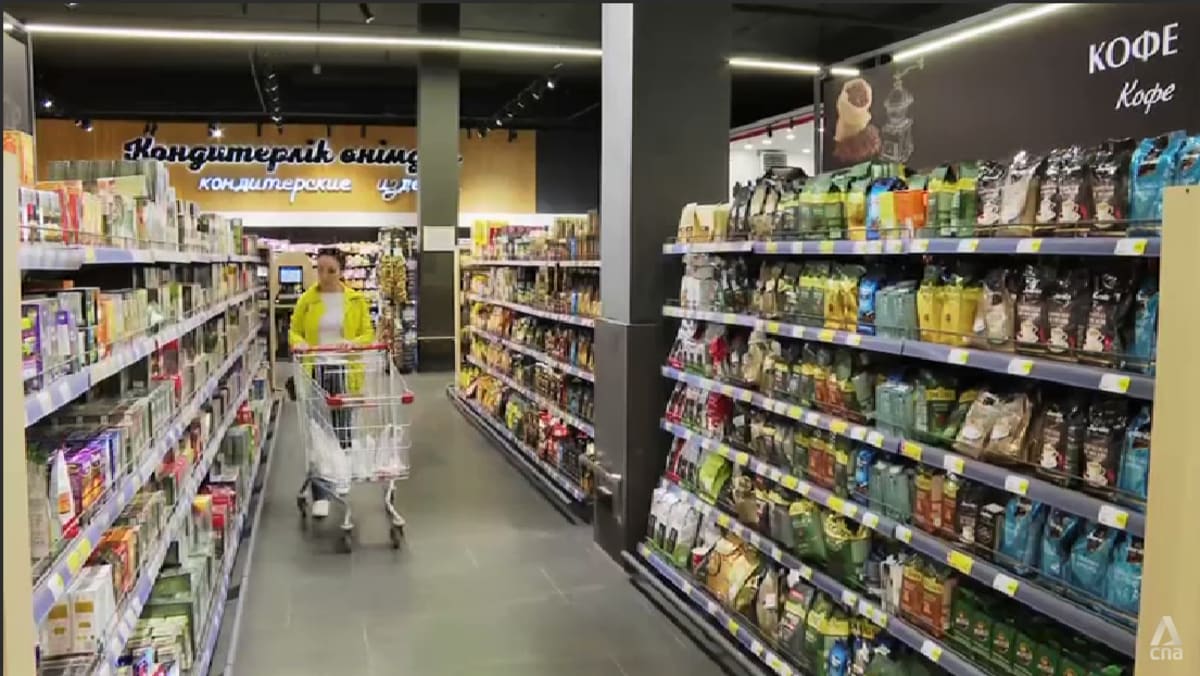
GROWING CONSUMER DEMAND
“I think it’s still a region that not many people think of straight away. Many Singapore companies, naturally, will still think of countries in the nearby regions, and rightfully so because these are familiar regions and these are also growth regions, especially South Asia,” said Mr Clarence Hoe, executive director for Americas and Europe at EnterpriseSG.
“But this is where Enterprise Singapore comes in. We really look at finding the new areas which are growing, identify them and share them with our companies. And this helps to provide new markets, not just as a growth opportunity, but also as a market for diversification.”
Kazakhstan, one of the largest economies in Central Asia, is Singapore’s largest trading partner in the region, with more than 30 Singapore companies in the country. There are also over 20 firms operating in neighbouring Uzbekistan.
EnterpriseSG said it is organising seminars and trade missions for Singapore firms to connect and collaborate with partners in Central Asia, as part of efforts to help more local firms expand and enhance their supply chain resilience.
EFFORTS PAYING OFF
Some businesses that have expanded into Central Asia told CNA that their efforts are paying off.
Among them is Singapore-listed food manufacturing and distribution company Food Empire, which saw an opportunity nearly 30 years ago.
Today, the company’s coffee products can be found in stores and supermarkets across Kazakhstan.
“Our business has been growing year upon year,” said Mr Anil Bhuwania, business head of Central Asia at Food Empire.
“Over the last four years, in terms of volume, our market share has grown from 67 per cent to 73 per cent (for) coffee mixes.”
The company is now looking to add tea products into the mix, especially tea with milk.
However, logistics and transportation remain a challenge.
“We need to find alternative routes, either via China or sometimes via Georgia, and see how the goods can be transported into Kazakhstan because it’s a landlocked country,” said Mr Bhuwania.
Source: CNA



